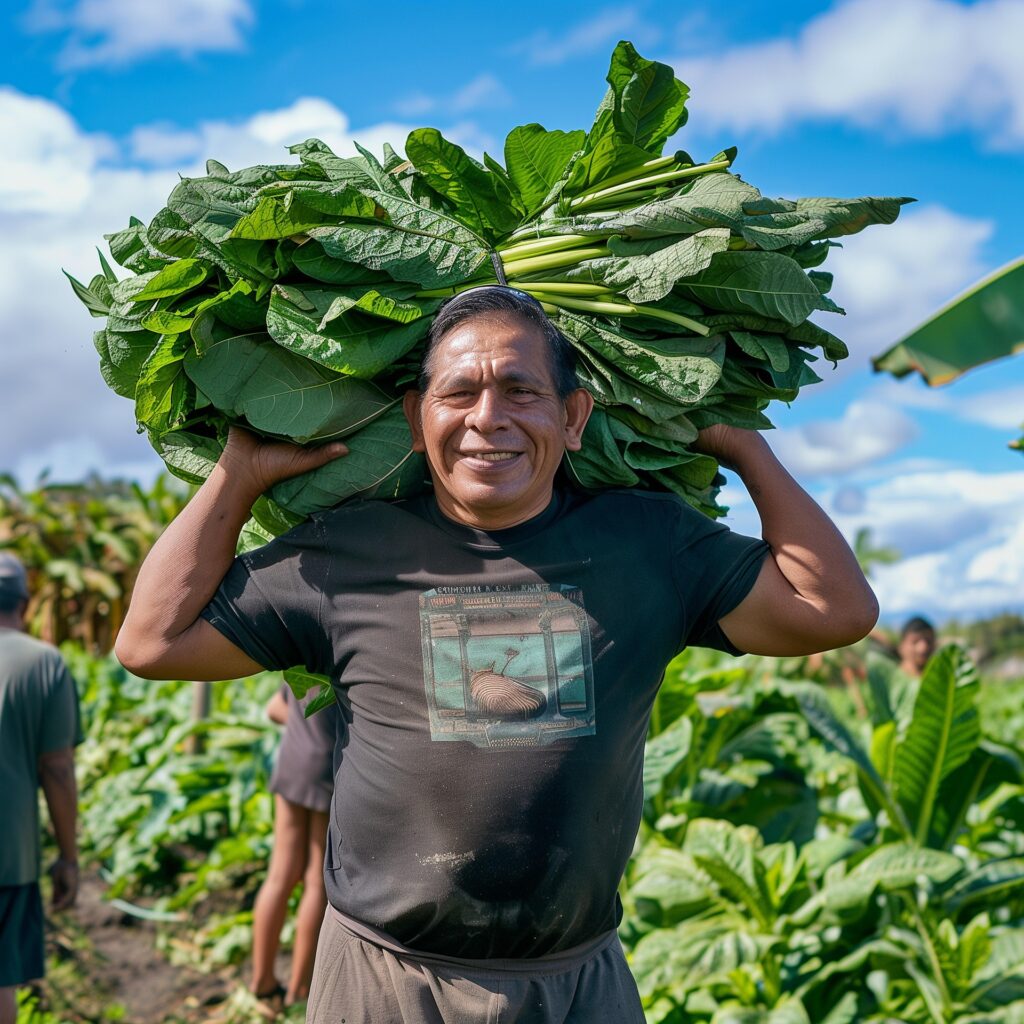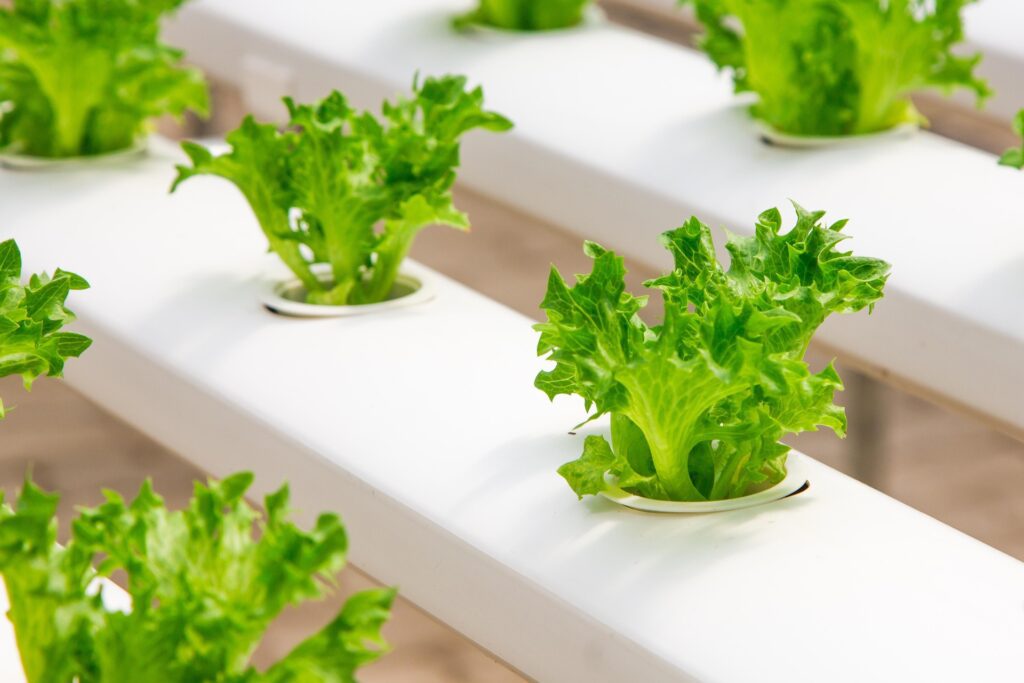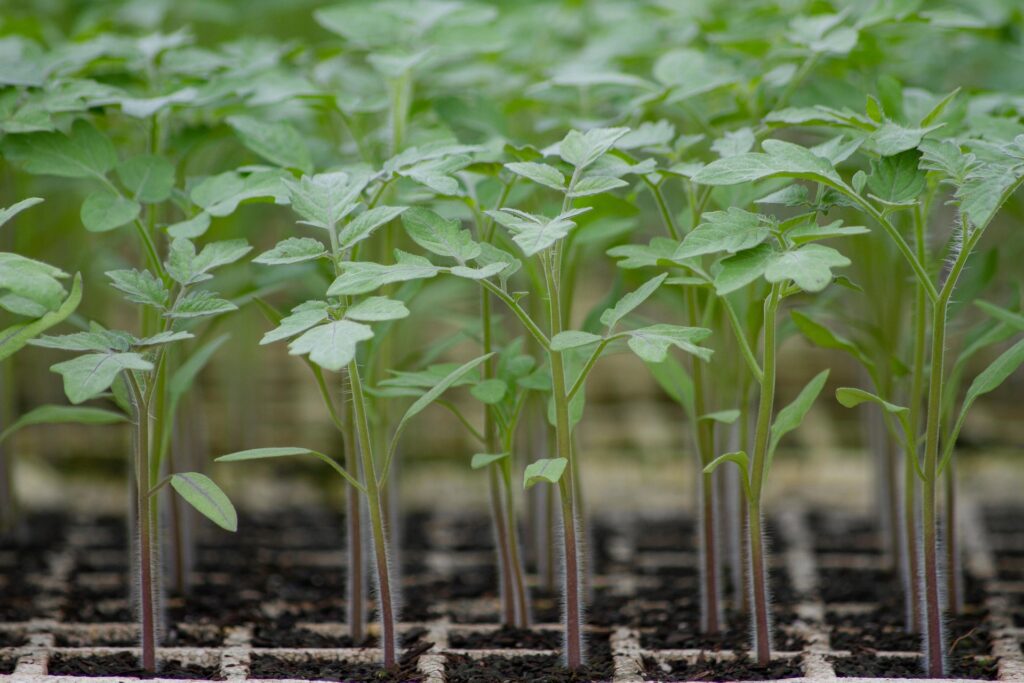Table of Contents
1. Introduction
Organic farming has emerged as a vital component of sustainable agriculture, emphasizing natural processes and reducing reliance on synthetic inputs. With the growing awareness of environmental conservation, healthy eating habits, and climate change, the demand for organically produced food is increasing worldwide. As consumers shift towards chemical-free and ethically produced goods, the organic farming industry is set to play a crucial role in shaping the future of global agriculture.Future of Organic Farming Industry
Beyond its environmental benefits, organic farming presents immense personal and professional opportunities. It offers individuals the chance to cultivate a healthier lifestyle while also opening new career paths in sustainable agriculture, entrepreneurship, and innovative farming technologies. This blog explores how the future of the organic farming industry is not just about food but also a gateway to personal fulfillment and professional success.Future of Organic Farming Industry

2. The Rise of Organic Farming: A Global Perspective
The organic farming industry has witnessed exponential growth over the past two decades. Governments, businesses, and consumers are collectively driving this movement, leading to increased investment in organic agriculture. Several factors contribute to this growth:Future of Organic Farming Industry
- Market Expansion: According to research, the global organic food market is expected to exceed $400 billion by 2030, with increasing demand in North America, Europe, and Asia-Pacific.
- Government Policies: Many countries are introducing subsidies and incentives to support organic farmers, reduce the use of pesticides, and promote sustainable practices.Future of Organic Farming Industry
- Consumer Awareness: The rise of health-conscious consumers who prefer organic food due to its nutritional benefits and minimal exposure to chemicals is a key driver of market growth.
- Export Potential: Countries such as India, the US, and Germany have seen a rise in organic exports, creating lucrative business opportunities for organic farmers.
As organic farming continues to expand, its impact on environmental sustainability, human health, and economic growth makes it a crucial industry for future development.Future of Organic Farming Industry
3. Personal Growth through Organic Farming
Engaging in organic farming offers individuals a transformative experience, fostering a deeper connection with nature and a healthier lifestyle. Here’s how it contributes to personal growth:Future of Organic Farming Industry
- Physical and Mental Well-being: Working in an organic farm improves physical health by providing fresh air, exercise, and exposure to nature. It also enhances mental well-being by reducing stress and promoting mindfulness.Future of Organic Farming Industry
- Sustainability Skills: Learning organic farming techniques equips individuals with essential sustainability skills, such as composting, soil regeneration, and natural pest control.
- Self-Sufficiency: Growing one’s food ensures food security and reduces dependence on processed, chemical-laden foods.
- Healthy Eating Habits: Organic farming promotes better dietary habits as people gain access to fresh, chemical-free produce, leading to long-term health benefits.
Incorporating organic farming into daily life can significantly enhance personal well-being, making it a rewarding and fulfilling lifestyle choice.Future of Organic Farming Industry


4. Professional Opportunities in the Organic Farming Industry
The organic farming industry offers various career and business opportunities. Individuals can explore diverse professional paths, including:Future of Organic Farming Industry
- Entrepreneurship: Starting an organic farm, selling organic produce, or launching an organic food business can be highly profitable.Future of Organic Farming Industry
- Agricultural Consultancy: With increasing demand for organic certification, professionals can offer consultancy services to help farmers transition to organic farming.
- Research and Development: Scientists and agricultural researchers are working on developing advanced organic farming techniques to improve crop yield and sustainability.
- Education and Training: Teaching sustainable farming methods in schools, colleges, and workshops is a growing profession.
- E-commerce and Digital Marketing: Selling organic products online and promoting sustainable brands through digital platforms offers new-age business prospects.
With the right skills and knowledge, professionals can carve out successful careers in the organic farming industry, contributing to both economic growth and environmental sustainability.
5. Technological Advancements and Innovations in Organic Farming
Organic farming is no longer limited to traditional methods; modern technology is revolutionizing the industry. Some key innovations include:
- AI and IoT in Organic Agriculture: Artificial Intelligence (AI) and the Internet of Things (IoT) are being used to monitor soil health, optimize irrigation, and predict pest infestations.
- Smart Farming: Automated irrigation systems, sensor-based soil monitoring, and drone technology are improving efficiency in organic farming.
- Bio-Fertilizers and Natural Pest Control: Innovations in organic fertilizers and biopesticides help enhance soil fertility without harming the environment.
- Hydroponics and Vertical Farming: These modern techniques allow organic farming in urban settings, maximizing land use and increasing productivity.
Integrating technology with organic farming enhances efficiency, reduces waste, and increases profitability, making it a sustainable solution for future food production.
6. Challenges and Solutions for the Future of Organic Farming
Despite its advantages, the organic farming industry faces several challenges:
- High Production Costs: Organic farming requires significant investment in labor, organic fertilizers, and certification processes.
- Solution: Governments and organizations should provide financial assistance and subsidies to support organic farmers.Future of Organic Farming Industry
- Limited Land Availability: As urbanization increases, finding agricultural land for organic farming becomes a challenge.
- Solution: Encouraging vertical farming and urban organic farming can help maximize land use.
- Certification Complexity: Obtaining organic certification is often expensive and time-consuming.
- Solution: Simplifying the certification process and reducing costs can encourage more farmers to adopt organic practices.
- Market Competition: Conventional farming methods still dominate the market, making it difficult for organic farmers to compete.
- Solution: Increasing consumer awareness and promoting organic brands can help expand the organic market.
Addressing these challenges will ensure that organic farming continues to thrive and becomes a mainstream agricultural practice.


7. How Individuals Can Contribute to the Future of Organic Farming
Everyone can play a role in promoting and sustaining the organic farming industry. Some ways to contribute include:
- Supporting Organic Farmers: Purchasing organic products encourages farmers to continue sustainable practices.
- Practicing Organic Gardening: Growing vegetables and herbs at home using organic methods can help reduce chemical use.
- Advocating for Policy Changes: Raising awareness and lobbying for supportive policies can help expand the organic farming sector.Future of Organic Farming Industry
- Reducing Food Waste: Supporting sustainable food consumption habits reduces the environmental impact of food production.
- Educating Others: Spreading awareness about the benefits of organic farming can drive more people toward sustainable choices.Future of Organic Farming Industry
By making conscious choices, individuals can contribute to a healthier planet and a thriving organic farming industry.


8. Conclusion
The future of organic farming holds immense potential, offering both personal and professional benefits. As the demand for sustainable and chemical-free food continues to rise, the organic farming industry will play a pivotal role in shaping the future of agriculture.
On a personal level, adopting organic farming practices leads to a healthier lifestyle, self-sufficiency, and a deeper connection with nature. Professionally, the industry presents a wide range of opportunities, from entrepreneurship and consultancy to technological innovations and digital marketing.
While challenges remain, solutions such as government support, technological advancements, and consumer awareness can drive the organic farming sector forward. Individuals can contribute to this growth by making informed choices, supporting organic farmers, and spreading awareness.
Organic farming is not just about producing food; it is a movement toward a sustainable future that benefits the planet and enhances personal and professional success. Now is the time to embrace organic farming and be a part of this transformative industry.